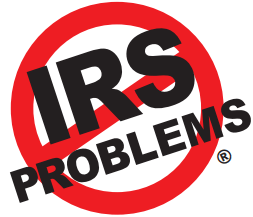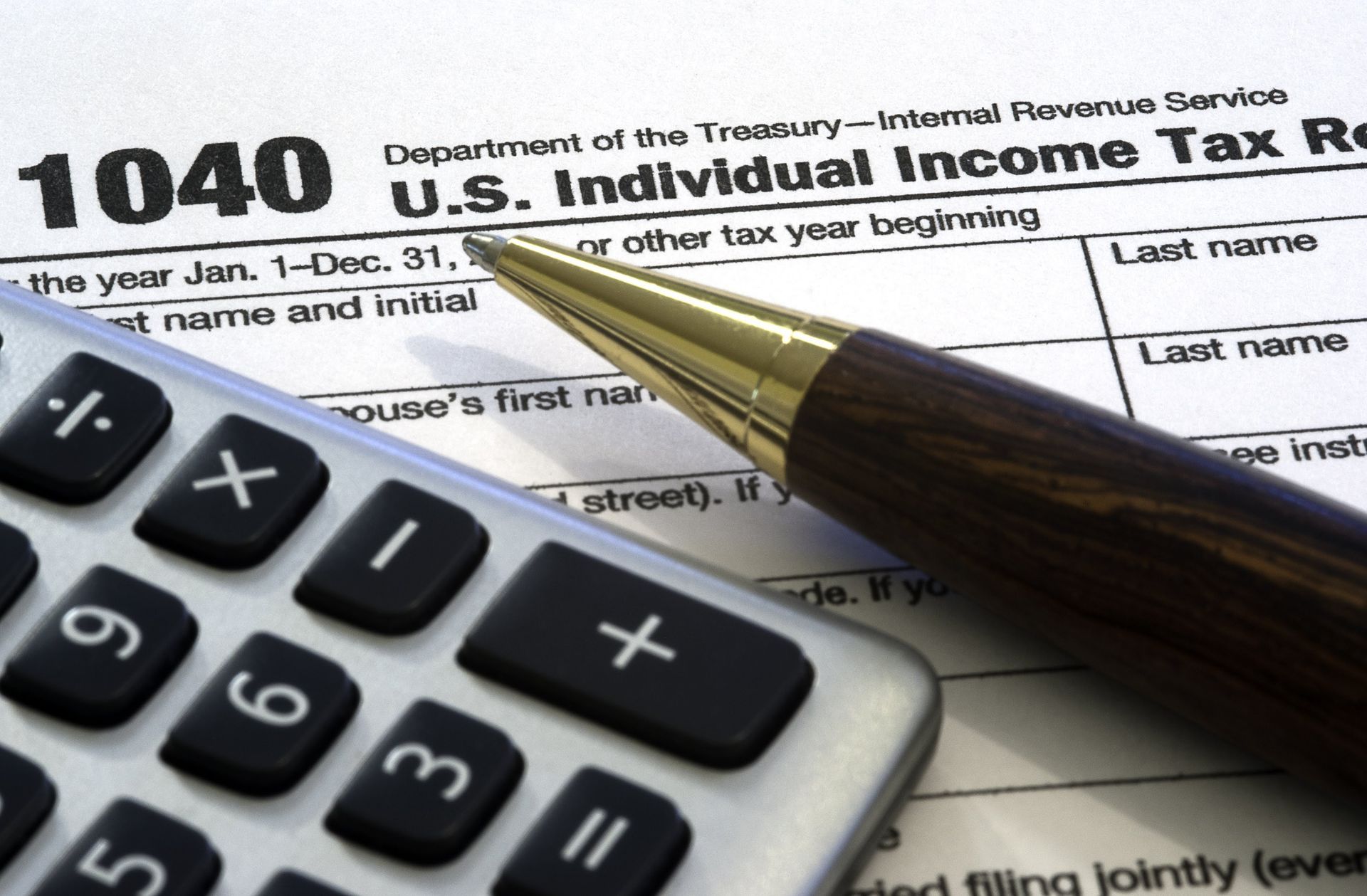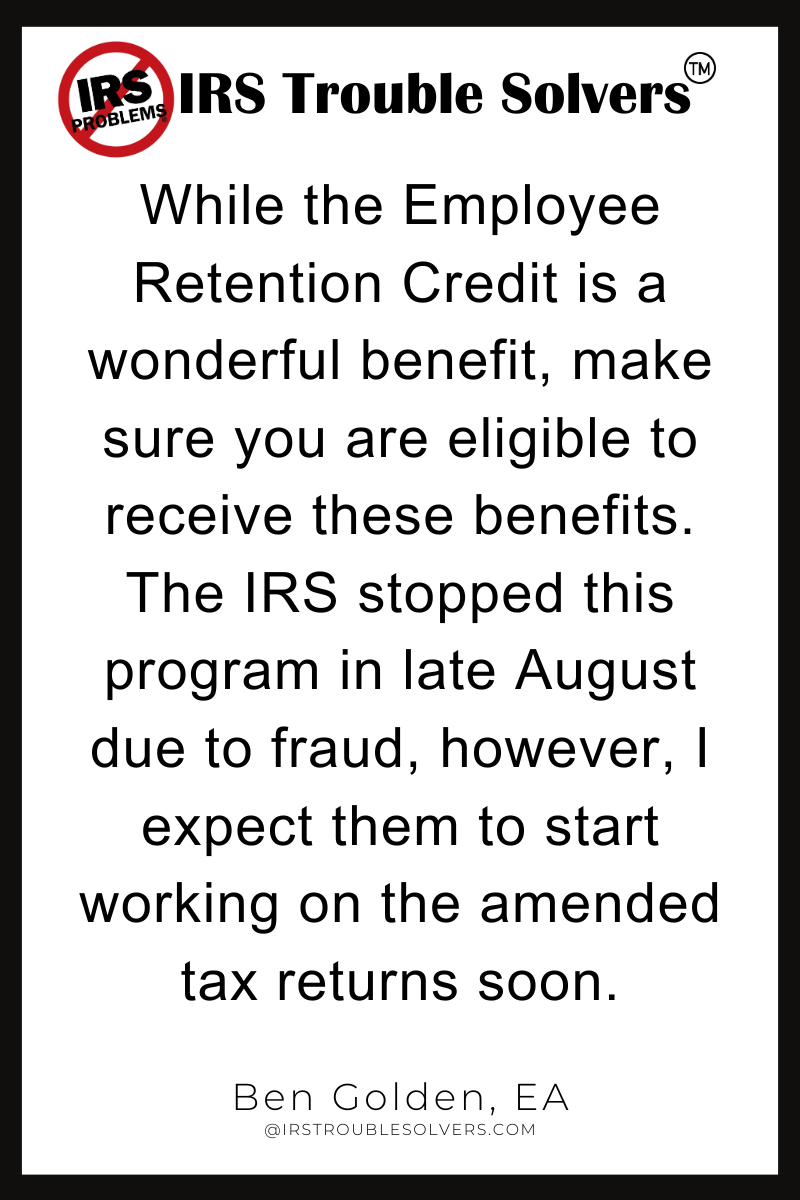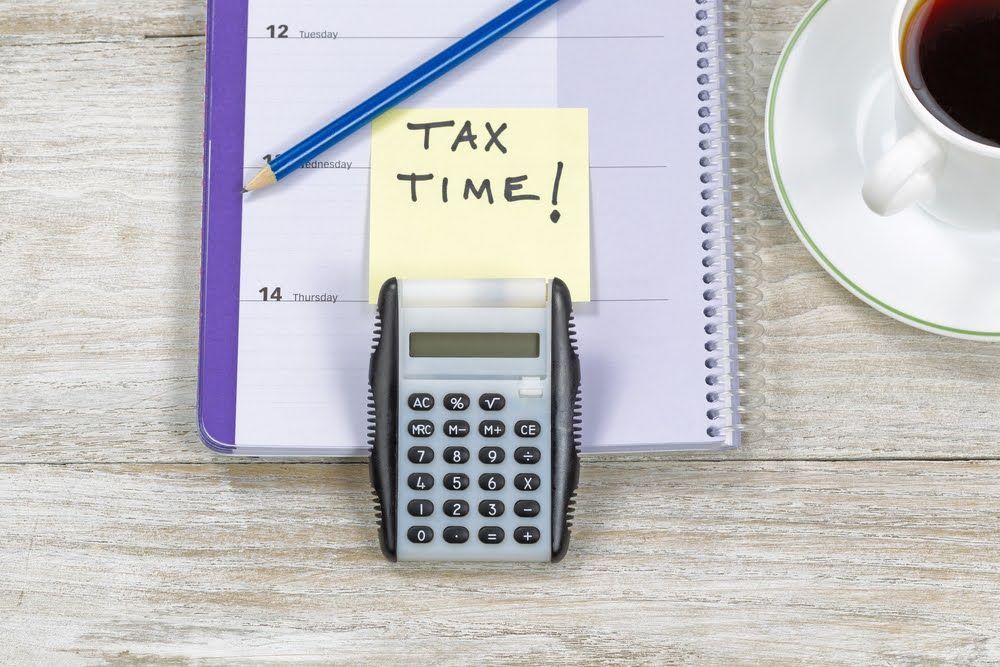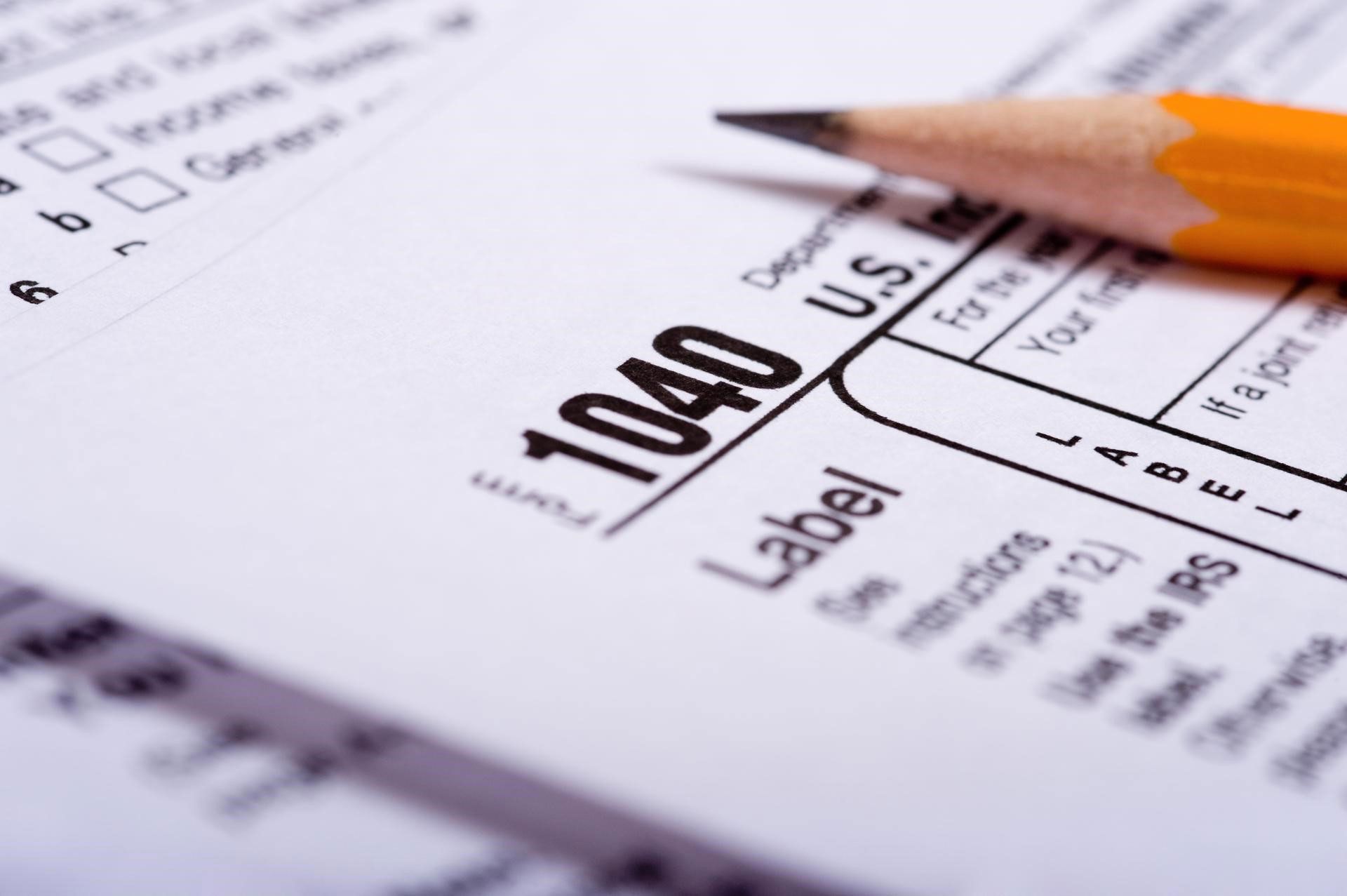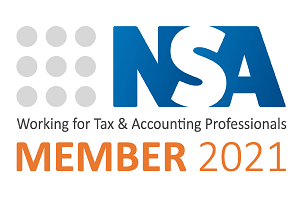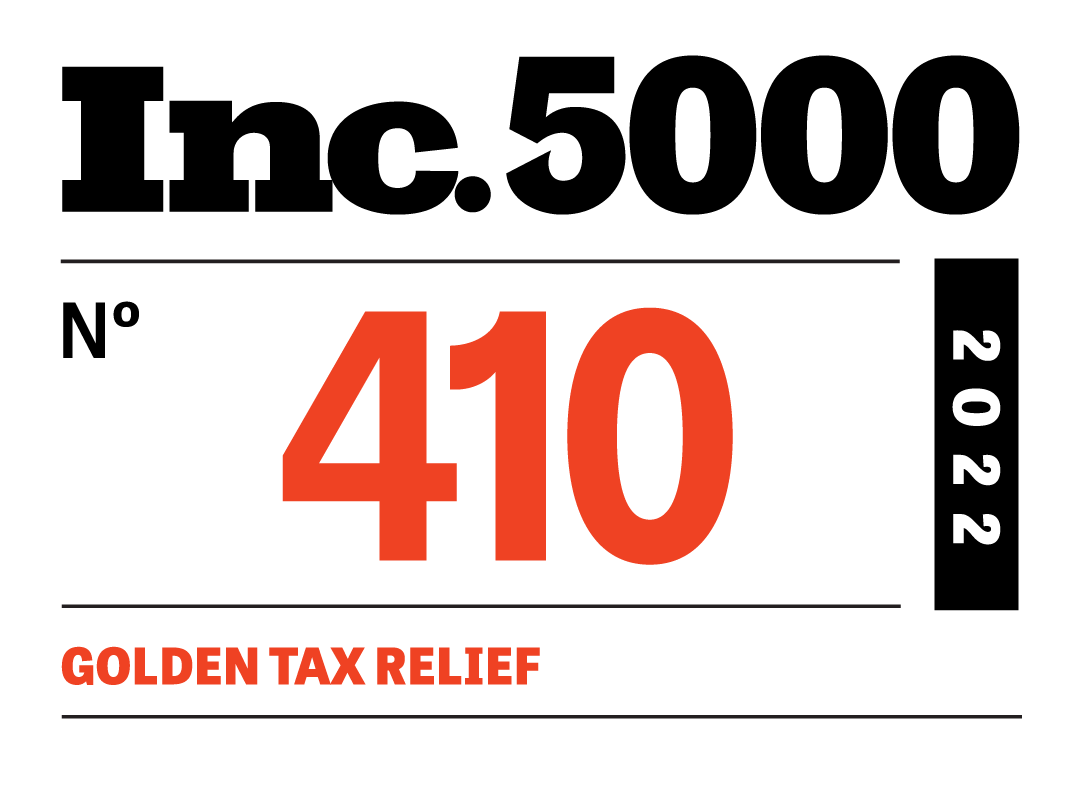
Navigating Taxes After Chapter 7 Bankruptcy

Filing for bankruptcy can be a stressful and overwhelming process, especially when it comes to your finances. One common concern that individuals have after filing for bankruptcy, specifically Chapter 7, is how it will impact their taxes. In this blog post, we'll discuss what to expect with your taxes after filing for Chapter 7 bankruptcy and provide you with some helpful insights to navigate this aspect of your financial journey.
Tax Debts Discharged in Chapter 7 Bankruptcy
Tax debts that are eligible for discharge in bankruptcy must meet specific criteria. These criteria typically include income taxes that are a few years old and having timely filed tax returns. If your tax debts satisfy these requirements, they may be discharged in your Chapter 7 bankruptcy, offering you the opportunity for a fresh financial start and relief from the burden of these obligations.
Potential Tax Consequences
If you had debt forgiven as part of your bankruptcy, the IRS may view that forgiven debt as taxable income. This means that you may need to report the forgiven debt as income on your tax return and pay taxes on it. Failure to report forgiven debt as income could result in penalties and additional taxes owed, so it's important to handle this aspect of your finances carefully and thoroughly.
Tax Refunds and Exemptions
In Chapter 7 bankruptcy, any tax refunds that you receive during the bankruptcy process may be considered part of your bankruptcy estate and subject to the control of the bankruptcy trustee. However, there are exemptions that may allow you to keep a portion of your tax refund. By being aware of the specific regulations that apply to tax refunds in bankruptcy, you can make informed decisions that best suit your financial situation and legal requirements.
Filing Taxes After Bankruptcy
After filing for Chapter 7 bankruptcy, you should still file your taxes as normal. This includes reporting any income earned during the year and any deductions or exemptions that you are eligible for. It's essential to keep in mind that just because certain tax debts may have been discharged in your bankruptcy, it doesn't mean that you can neglect your tax obligations moving forward.
Filing taxes after bankruptcy can actually be beneficial in some cases, as it allows you to reduce your taxable income and potentially qualify for certain tax credits or deductions. Additionally, filing your taxes on time and correctly demonstrates financial responsibility and compliance with tax laws, which may positively impact your credit score.
Seeking Professional Guidance
Navigating taxes after filing for bankruptcy, especially Chapter 7, can be complex and overwhelming. That's why it's essential to seek professional guidance from a tax professional or bankruptcy attorney. These professionals can help you understand the tax implications of your bankruptcy, advise you on how to properly file your taxes, and ensure that you comply with all tax laws. By working with experts in the field, you can navigate this aspect of your financial journey with confidence and peace of mind.
Filing for Chapter 7 bankruptcy can provide individuals with a fresh start and relief from overwhelming debt. However, it's essential to understand what to expect with your taxes after filing for bankruptcy. By knowing which tax debts may be discharged, potential tax consequences, how tax refunds are handled, and how to properly file your taxes, you can navigate this aspect of your financial journey with confidence. Seeking professional guidance from a tax professional or bankruptcy attorney can also be invaluable in ensuring that you comply with tax laws and understand the implications of your bankruptcy on your taxes. With the right knowledge and support, you can successfully manage your taxes after filing for Chapter 7 bankruptcy.

